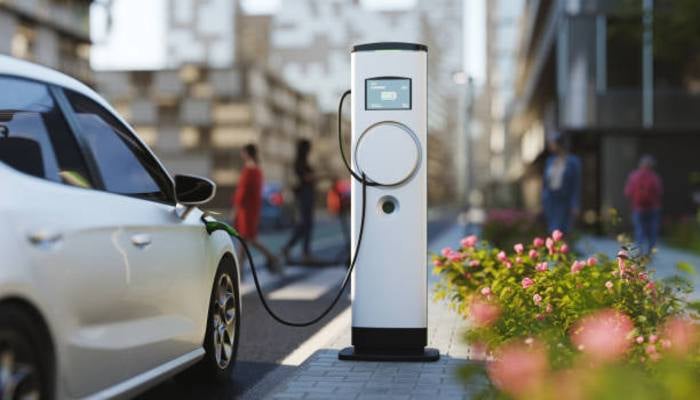
As Pakistan makes significant strides to establish the electric vehicle (EV) charging infrastructure to drive the transition to environment-friendly mobility, it emerged during the a recent meeting of Senate Standing Committee on Industries and Production that Pakistan's EV policy is awaiting formal approval of the prime minister.
In the wake of Pakistan's vulnerability to climate change and reliance on fossil fuels, the committee highlighted the stalled progress of the policy. It was outlined that Lahore lacks sufficient EV charging infrastructure, which is expected to undermine national EV ambitions.
The Senate committee has formed a subcommittee to expedite the finalistaion of the EV policy, completed by the Engineering Development Board (EDB). The subcommittee is tasked to device and propose an EV framework to the government.
Initially launched in 2019, Pakistan's EV policy is aimed at ensuring 30% EV penetration in passenger cars and 90% in two- and three-wheelers by 2030.
However, progress has reportedly been slow, with few locally assembled EVs on the roads and insignificant EV charging stations for the public.
As of now, less than 30 public EV charging stations exist across Pakistan, which, too, are faced with issues like load shedding and unreliable grid stability.
















